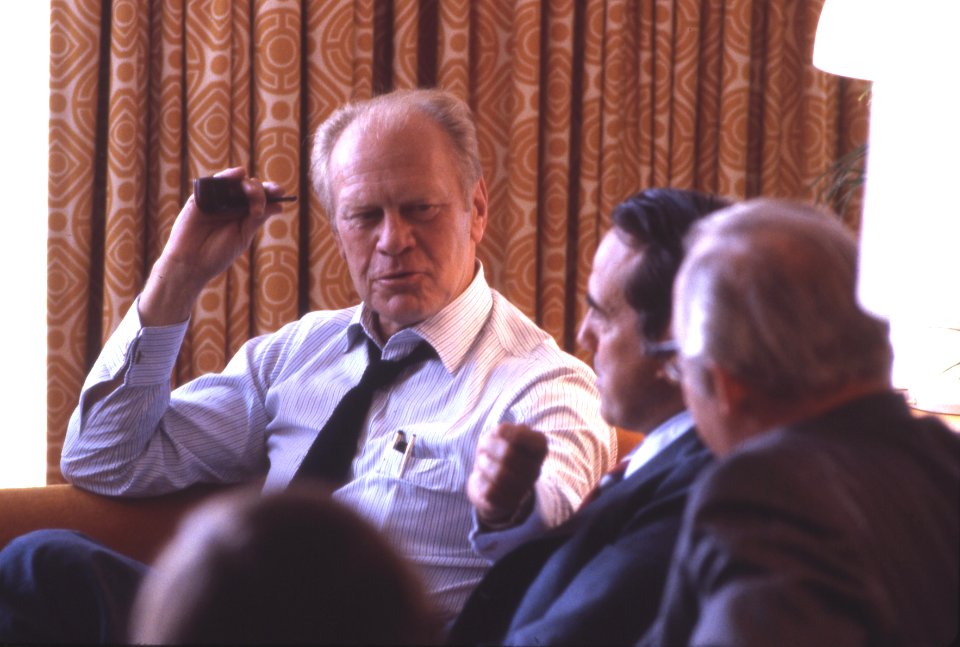5.6 Other Factors in Decision Making
There are many forces that influence decision making. Here are a few.

Political Forces
These are outside influences. From Porter’s Five Forces, you will recall the power of customers and suppliers. There are also real political forces, such as government regulations and taxes. These can all have a big impact on the decisions a manager makes.
Intuition
Intuition or ‘gut instinct’ can play a role in a manager’s decisions. Sometimes logic will tell a manager one thing but there is still this nagging feeling that a different alternative should be taken. One approach a manager might consider when making a major decision is to come up with a decision but not act on it. Sleep on the decision and if it still feels like the right decision the next day, then go with it. If it doesn’t feel right, then try to find a more acceptable solution.
Escalation of commitment
This is a common problem in decision making. A manager may make a decision and stick with it even when it may look wrong. Another phrase for this is “sunk costs are sunk“. We have all experienced this. We say to ourselves, “I put so much time into this I’m not going to stop now.” But the time we put into something should have no bearing on whether we continue or not. What matters is the future cost. Here’s another example. A new railroad tunnel between NY and NJ was proposed at a cost of something like $1.2B. Work was started on the project and after several hundred million dollars was spent, the project was re-estimated at over $2B more to complete it. The project was stopped, rightfully because the costs were much more than initially projected. But there was a lot of pushback because of how much money had been put into the project and that money should not go to waste. The money was spent. Nothing could be done about it. The only thing that mattered was how much more needed to be spent.
Risk Propensity
This is a fancy term for a person’s willingness to take risk. (You are now college educated so it’s ok to use fancy terms.)

